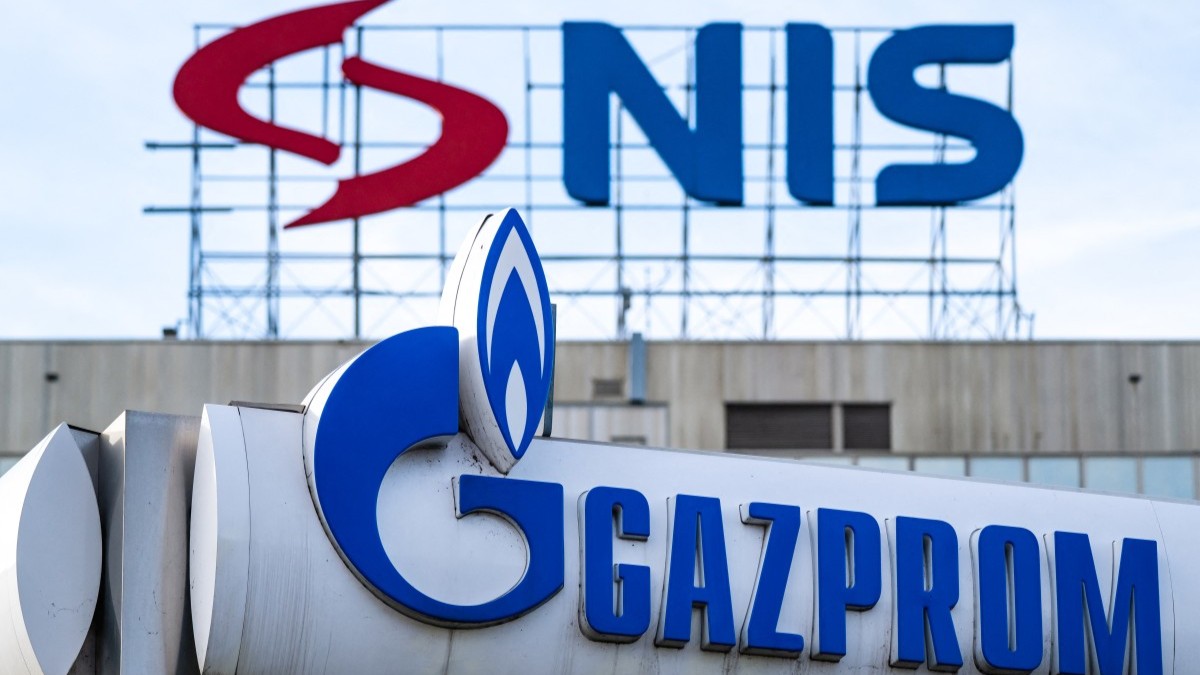
Russian Owners Agree to Sell Stake in Sanctioned Serbian Oil Firm
The Serbian energy minister said the deal has yet to be finalised and confirmed that Abu Dhabi National Oil Company is participating in the negotiations.

The Serbian energy minister said the deal has yet to be finalised and confirmed that Abu Dhabi National Oil Company is participating in the negotiations.
Energy cooperation is suspected to be a cornerstone of the ongoing peace talks between Washington and Moscow, even though the EU announced it will ban Russian gas imports by 2027.
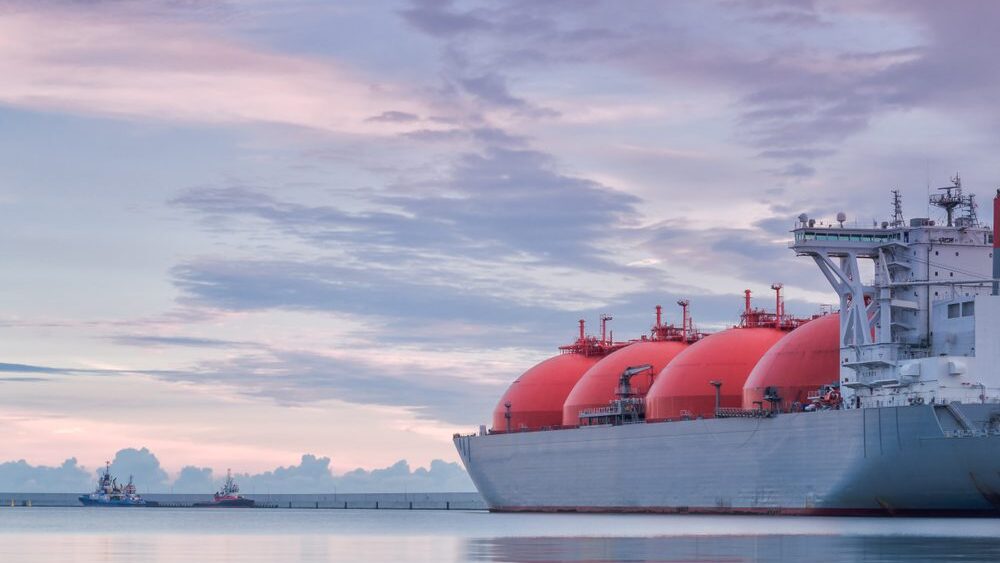
State-owned company business goes against government policy

Gazprom’s purported technical issues mark the latest episode in what is fast becoming a long-running series of similar events—Gazprom has regularly invoked such issues as the reason for reducing gas flows into Germany and the rest of Europe.
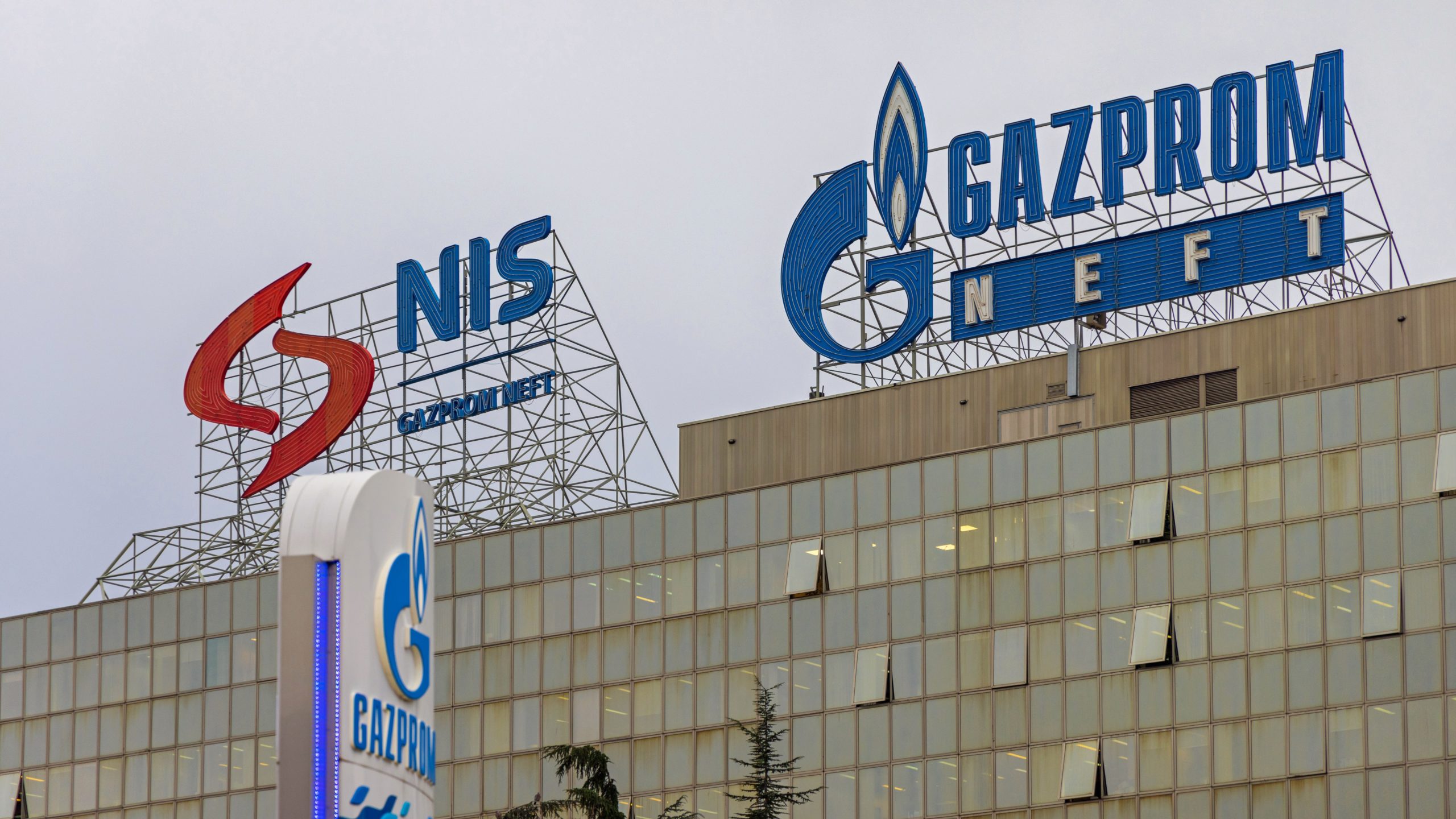
In the first six month of this year, Gazprom—despite its gas imports to Europe having dropped by 35%—posted a record-breaking net profit of 41.7 billion euros.
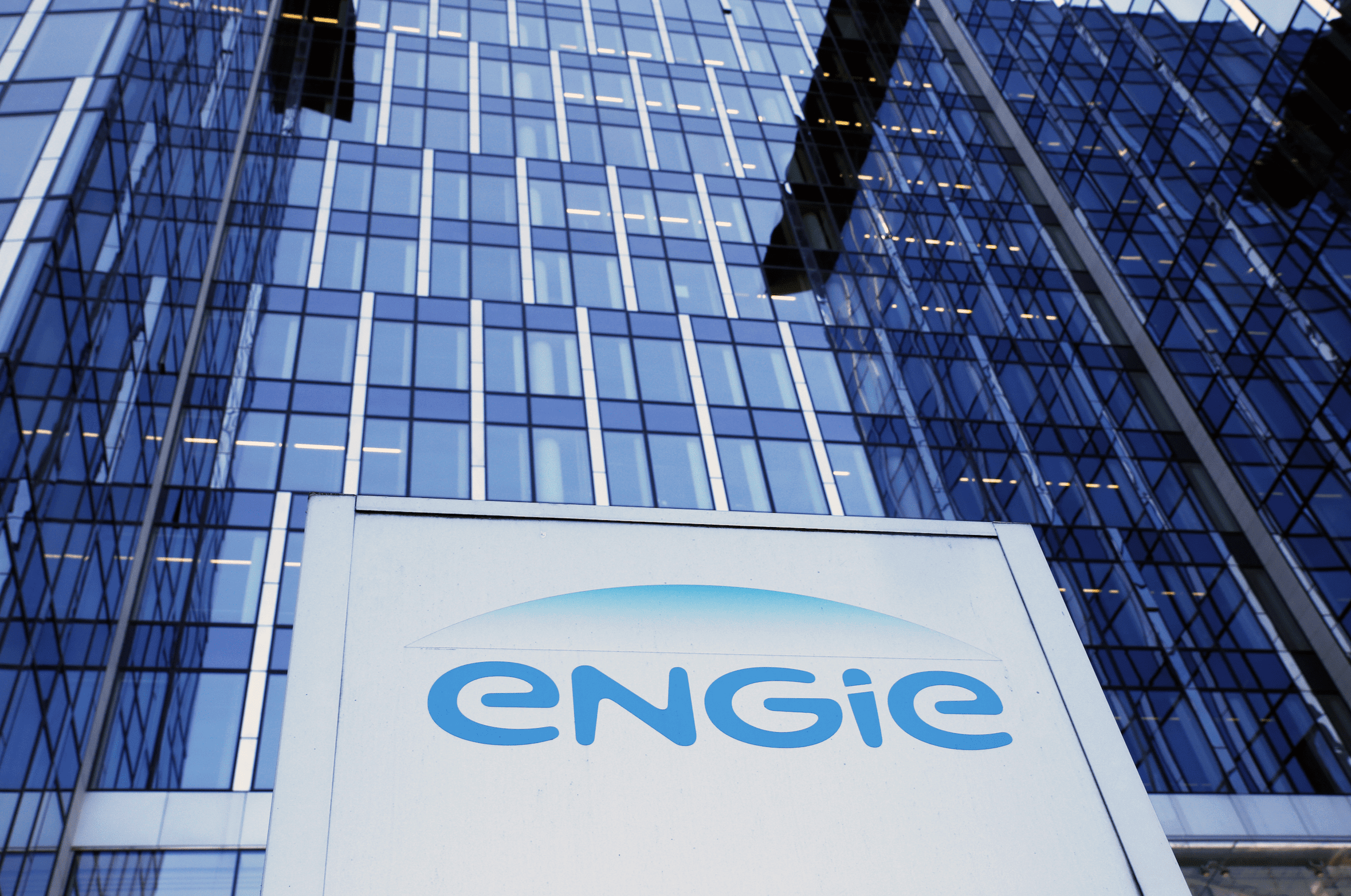
The suspension of gas flows from Gazprom will not affect French consumers, Engie wrote in a press release.
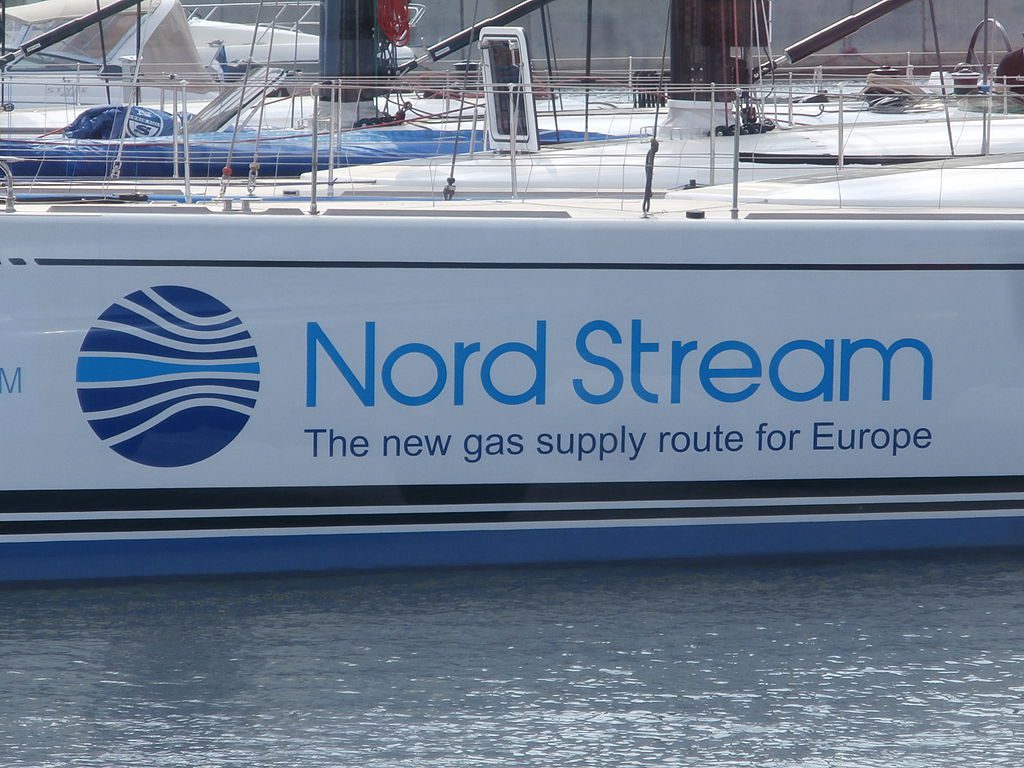
With the missing gas turbine stuck with Siemens in Germany, Gazprom blames the delay for delivering only 20% of its capacity via Nord Stream 1. Meanwhile, Germany’s gas reservoirs are steadily filling up.

Russian state media celebrated Schröder’s statements while German legacy media was infuriated. Schröder now stands accused of spewing Kremlin propaganda.

Without this multi-billion euro shot in the arm, the firm may be unable to provide the volume of gas that Germany and the EU require.
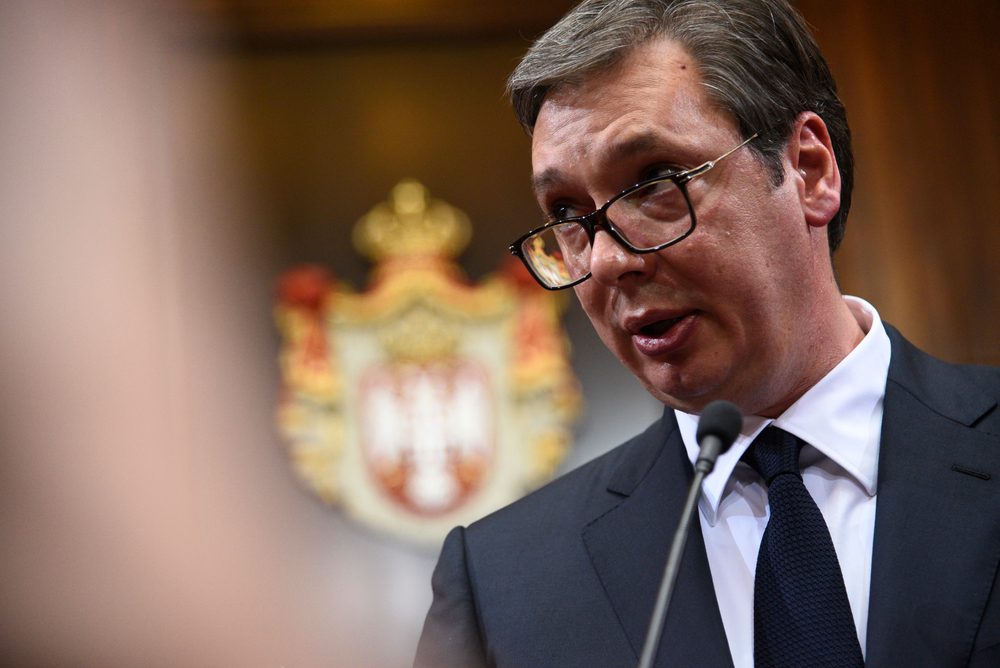
Serbia has been upbraided for not following the Western world’s lead in condemning Russia’s invasion of Ukraine, as well as for refraining from sanctions.